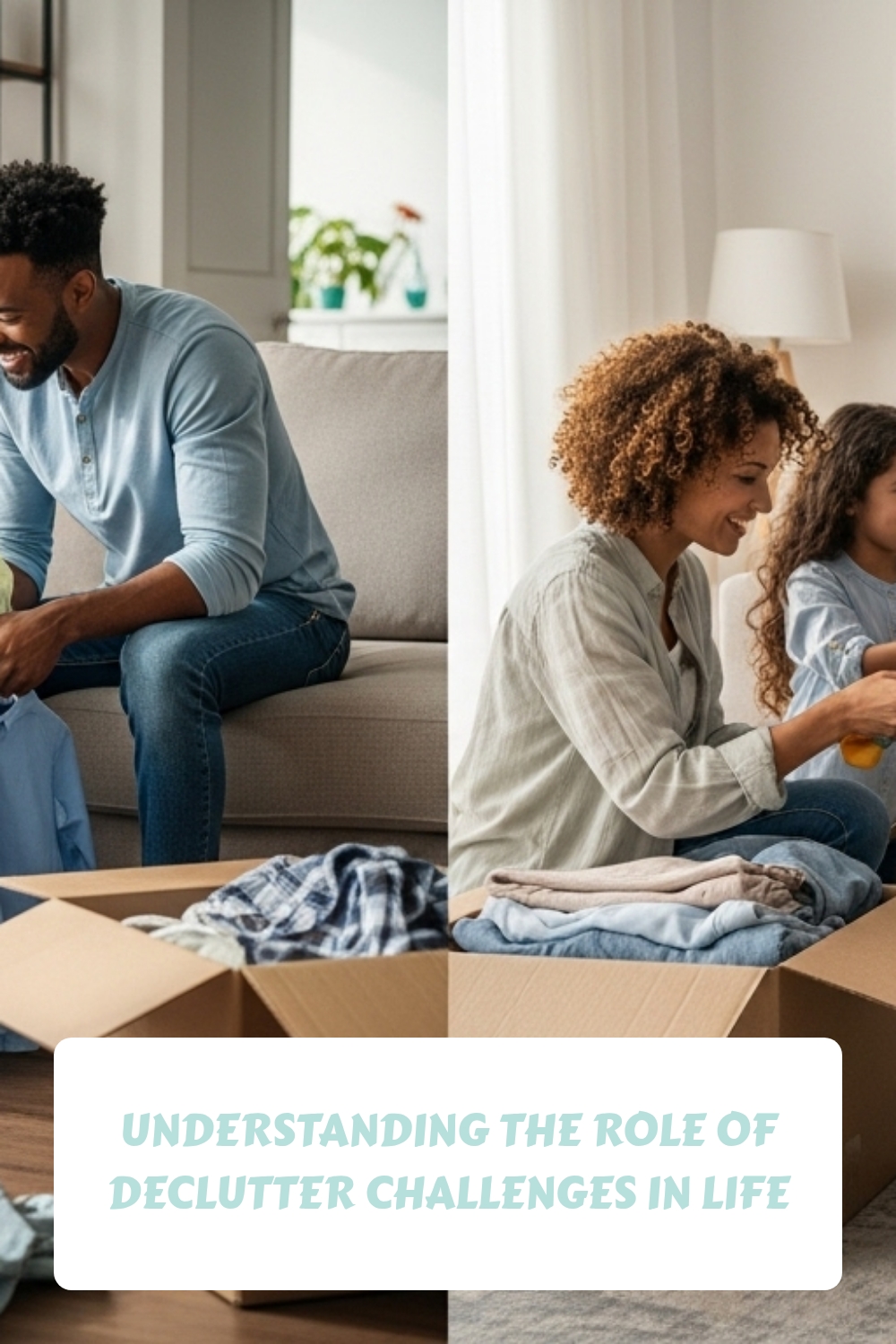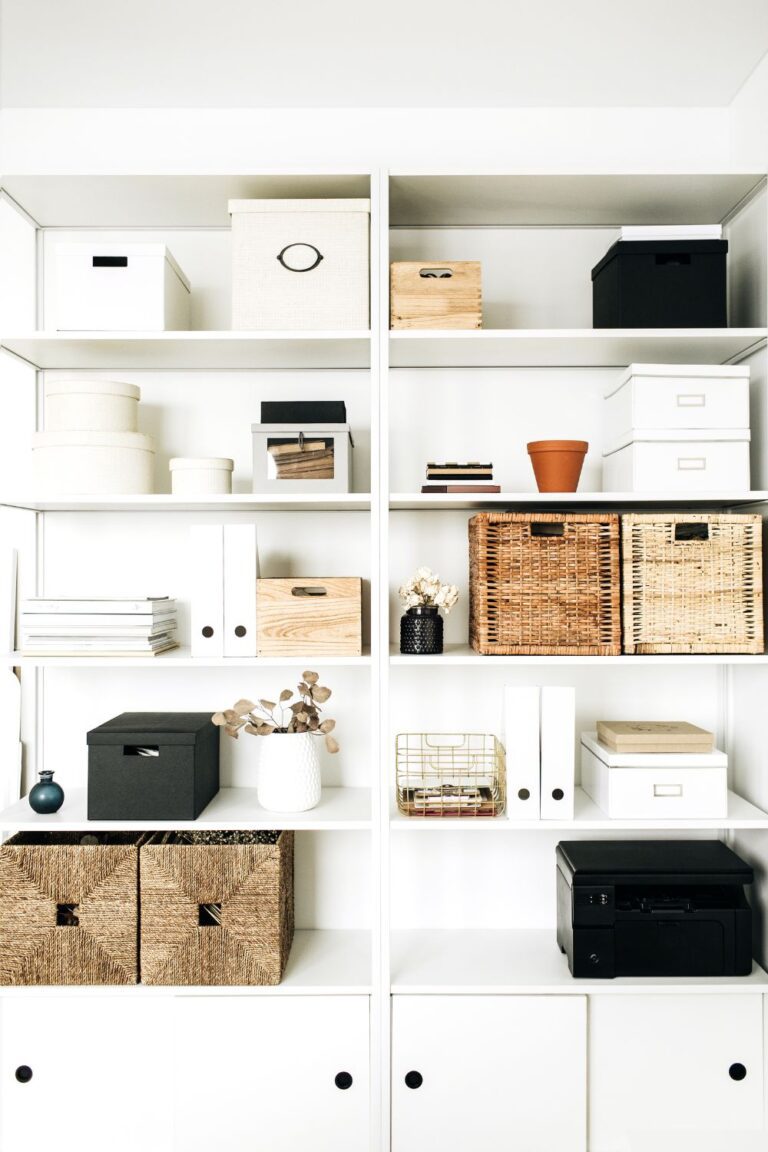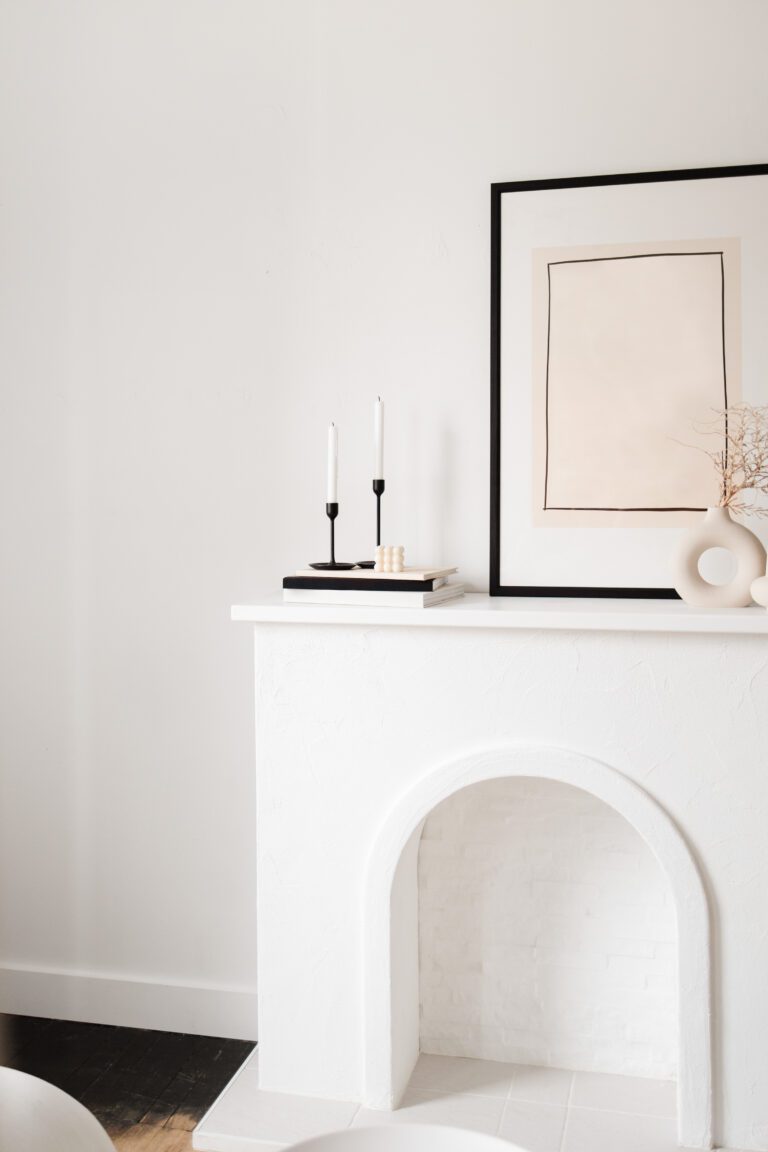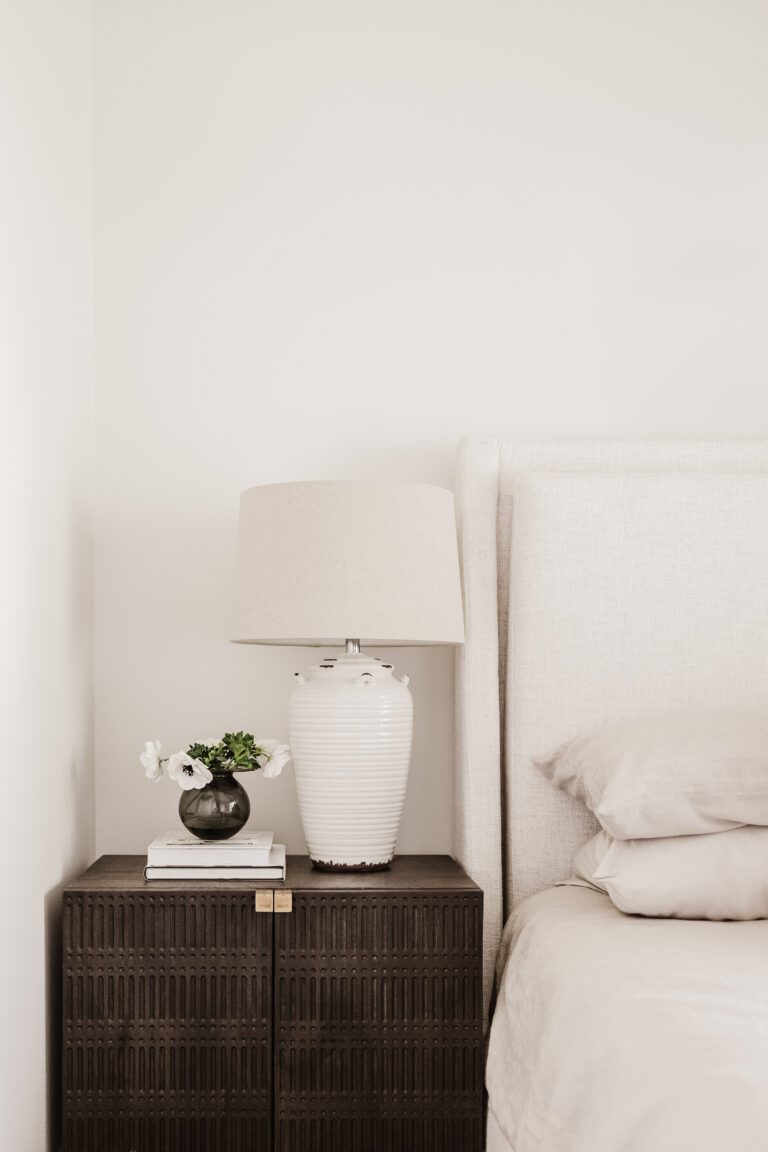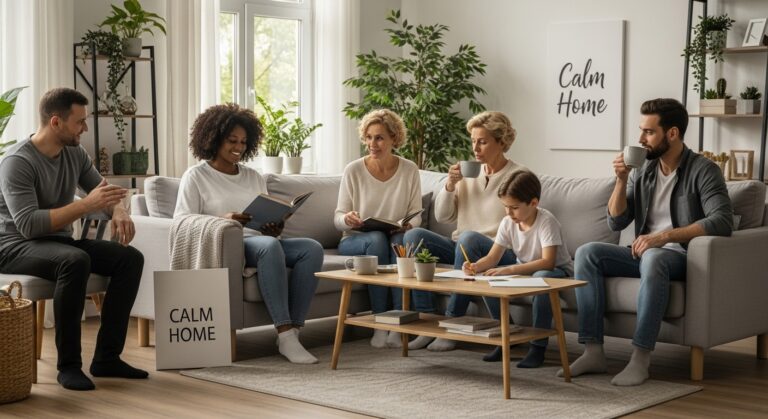Understanding the Role of Declutter Challenges in Life
Declutter challenges are catching on fast as more people search for ways to clear the chaos in their homes and minds. Some people expect that tossing a few old shirts is all it takes. Think again. Research shows that declutter challenges help participants break psychological barriers and develop habits that stick far beyond simple tidying. You might start with a messy drawer but often end up changing how you think and live.
Table of Contents
- Defining Declutter Challenges And Their Purpose
- The Importance Of Declutter Challenges In Modern Life
- How Declutter Challenges Impact Mental Health And Productivity
- Key Concepts Of Effective Decluttering Methods
- Real-World Applications And Success Stories Of Declutter Challenges
Quick Summary
| Takeaway | Explanation |
|---|---|
| Declutter challenges promote mental clarity. | Engaging in declutter challenges helps individuals clear their spaces, leading to improved focus and cognitive performance. |
| Structured methods reduce stress effectively. | By breaking down overwhelming tasks into manageable steps, declutter challenges make the process of organizing less intimidating and more achievable. |
| Transformational experiences enhance well-being. | Participants often report profound personal growth and emotional relief as they reassess their relationships with possessions through decluttering. |
| Mindful consumption is encouraged. | Declutter challenges encourage critical evaluation of personal belongings, fostering sustainable consumption habits that align with one’s lifestyle goals. |
| Regular decluttering enhances productivity. | Maintaining organized spaces translates to greater efficiency and reduced distractions, ultimately enhancing work performance and personal effectiveness. |
Defining Declutter Challenges and Their Purpose
Declutter challenges represent strategic approaches designed to help individuals systematically reduce physical and mental clutter in their living spaces. These structured interventions go beyond simple tidying, offering a comprehensive method for transforming personal environments and mindsets.
The Core Concept of Declutter Challenges
At their essence, declutter challenges are intentional time-limited programs that encourage participants to progressively eliminate unnecessary items from their homes. Research from King’s College London highlights how these challenges serve multiple purposes beyond physical organization:
- Addressing psychological barriers related to attachment to possessions
- Creating systematic approaches to reducing material excess
- Developing sustainable consumption habits
People engage in declutter challenges for various reasons. Some seek to create more peaceful living environments, while others aim to reduce stress associated with overcrowded spaces. The challenges provide a structured framework that makes the overwhelming task of decluttering more manageable and less intimidating.
Understanding the Psychological Impact
Beyond physical organization, declutter challenges tap into profound psychological dynamics. According to a study in Frontiers in Sustainability, these interventions help individuals reassess their relationship with material possessions. They encourage introspection about personal values, consumption patterns, and emotional attachments to objects.
Participants often discover that decluttering is not merely about removing items but about creating intentional living spaces that reflect their current lifestyle and aspirations. For many, these challenges become transformative experiences that extend beyond home organization into personal growth and self-understanding.
If you want to begin your own journey, check out our guide on setting decluttering goals to help you start on the right path.
The Importance of Declutter Challenges in Modern Life
In today’s fast-paced world, declutter challenges have emerged as crucial tools for managing personal spaces and mental well-being. Modern lifestyles are increasingly characterized by information overload, constant digital stimulation, and accumulation of material possessions, making systematic decluttering more important than ever.
Mental Health and Stress Reduction
Research from the American Psychological Association reveals significant connections between physical environments and psychological health. Cluttered spaces contribute to elevated stress levels and decreased productivity. Declutter challenges offer structured approaches to addressing these challenges by:
- Providing clear, manageable strategies for reducing physical chaos
- Creating systematic methods to break overwhelming organizational tasks into smaller steps
- Developing sustainable habits for maintaining orderly living spaces
Participants often report feeling more in control of their environments after completing these challenges.
The process is not just about removing items but about creating intentional spaces that support mental clarity and emotional balance.

Minimalism and Intentional Living
Declutter challenges align closely with contemporary minimalist philosophies that emphasize quality over quantity. By encouraging individuals to critically examine their possessions, these interventions promote more mindful consumption patterns. The goal is not complete deprivation but strategic curation of personal spaces.
For those struggling to find time for comprehensive organization, we have strategies for decluttering when time is limited, making these challenges accessible to everyone regardless of their schedule.
Ultimately, declutter challenges represent more than simple cleaning processes. They are transformative experiences that help individuals reassess their relationships with material possessions, reduce unnecessary stress, and create living environments that truly support their current lifestyles and personal growth.
How Declutter Challenges Impact Mental Health and Productivity
Declutter challenges are not merely organizational exercises but powerful interventions that significantly influence psychological well-being and personal effectiveness. By systematically addressing physical spaces, these challenges create profound ripple effects across multiple dimensions of life.
Psychological Relief and Cognitive Clarity
Research from the University of Utah Health demonstrates that subjective clutter directly correlates with negative emotional states and reduced cognitive performance. Participants in declutter challenges typically experience:
- Reduced anxiety associated with visual chaos
- Improved ability to focus and concentrate
- Enhanced sense of personal control and accomplishment
The mental load of managing disorganized spaces creates constant background stress. By eliminating unnecessary items and creating structured environments, individuals free up significant mental bandwidth previously consumed by clutter management.
Productivity and Performance Enhancement
Clear physical spaces translate directly into improved work performance and personal efficiency. Decluttering removes environmental distractions that fragment attention and diminish cognitive resources. When individuals systematically reduce physical chaos, they simultaneously streamline mental processes.
The table below highlights the psychological effects and productivity benefits of participating in declutter challenges.
| Aspect | Benefit or Impact |
|---|---|
| Reduced Stress | Declutter challenges lower anxiety related to cluttered environments. |
| Improved Focus | An organized space supports better concentration and cognitive performance. |
| Sense of Control | Participants feel more empowered to manage their environments. |
| Personal Accomplishment | Completing challenges boosts self-efficacy and motivation. |
| Enhanced Productivity | Less clutter leads to fewer distractions and more efficient work. |
| Emotional Relief | Letting go of excess reduces emotional burden and mental load. |
If you want practical strategies to begin your own transformation, explore our comprehensive decluttering challenge workbook designed to guide you through each step.
Professionals who engage in regular decluttering report not just organized spaces, but heightened creativity, faster decision making, and reduced cognitive fatigue. These challenges teach valuable skills of discernment, helping participants distinguish between what genuinely adds value and what merely occupies space both physically and mentally.
Key Concepts of Effective Decluttering Methods
Decluttering is far more than simply removing items from your living space. It is a strategic process that requires thoughtful approaches, psychological understanding, and systematic planning to transform personal environments effectively.
Psychological Foundation of Decluttering
Research from BioMed Research International reveals that successful decluttering involves understanding the emotional connections individuals have with their possessions. Effective decluttering methods recognize that objects are not just physical items but repositories of memories, emotions, and personal narratives.
Key psychological principles in decluttering include:
- Recognizing emotional attachments to objects
- Understanding the difference between sentimental value and practical utility
- Developing objective decision making skills about possessions
By addressing the emotional aspects of letting go, individuals can create more meaningful and intentional living spaces that truly support their current lifestyle and personal growth.
Strategic Categorization and Decision Making
Successful decluttering requires systematic approaches that break down overwhelming tasks into manageable steps. The most effective methods involve creating clear categories and establishing precise criteria for keeping or removing items.
If you struggle with making these decisions, explore our guide with key questions to ask yourself during decluttering, which can help provide clarity and direction in your organizational journey.
Professional organizers recommend developing a consistent framework for evaluating possessions. This might include considering factors like frequency of use, emotional significance, practical value, and alignment with current lifestyle goals. By applying these strategic principles, individuals can transform cluttered spaces into organized, peaceful environments that support their well-being and productivity.
This table summarizes the core components and psychological principles of effective decluttering methods described in the article.
| Key Concept | Description |
|---|---|
| Emotional Attachment | Understanding that items can have sentimental value and evoke personal memories. |
| Objective Decision-Making | Developing skills to distinguish between what is needed and what is excess. |
| Strategic Categorization | Creating clear item categories and criteria for keeping or removing possessions. |
| Habits for Maintenance | Forming routines to keep spaces organized beyond the initial declutter challenge. |
| Alignment with Values | Reassessing possessions to ensure they reflect current lifestyle and aspirations. |
Real-World Applications and Success Stories of Declutter Challenges
Declutter challenges transform from theoretical concepts into powerful personal transformation tools when applied in real-world contexts. These interventions demonstrate remarkable potential for improving individual lives through systematic organization and mindful possession management.
Personal Transformation Narratives
Research from Frontiers in Sustainability reveals that decluttering is more than a physical process. It represents a profound journey of self-discovery and personal growth. Individuals who engage in structured decluttering often experience significant psychological breakthroughs by:
- Reconnecting with personal values
- Developing stronger decision making skills
- Creating intentional living environments
The most compelling success stories emerge when people view decluttering as a holistic life redesign rather than a simple cleaning exercise. These narratives showcase how organized spaces directly correlate with improved mental clarity and emotional well-being.
Practical Challenge Implementation
Successful declutter challenges require strategic planning and consistent execution. Participants frequently benefit from structured approaches that break overwhelming tasks into manageable segments. Our 20 Bags in 20 Days Challenge offers a practical framework for individuals seeking systematic transformation.
Professional organizers consistently observe that individuals who commit to structured challenges experience not just cleaner spaces, but profound shifts in their overall life perspective. These challenges teach valuable skills of discernment, helping participants distinguish between what genuinely adds value and what merely occupies physical and mental space. By transforming their environments, people simultaneously transform their relationship with material possessions and personal potential.

Ready to Experience the Transformative Power of Declutter Challenges?
If you have ever felt the weight of mental and physical clutter holding you back, you are not alone. This article highlighted how declutter challenges can reduce stress, help you reclaim control, and reveal the true impact of your possessions on your well-being. But knowing the importance of decluttering is only the first step. Taking action is what makes real change possible.
Why wait to create a calm and purposeful home? Explore more hands-on guidance, inspirational stories, and step-by-step methods in our Decluttering Archives. Whether you are seeking sustainable minimalism or practical organization techniques, Simple Neat Home has you covered with resources that fit your lifestyle.
Frequently Asked Questions
What are declutter challenges?
Declutter challenges are structured, time-limited programs aimed at helping individuals systematically remove unnecessary items from their living spaces. They provide a comprehensive approach to transforming both personal environments and mindsets.
How do declutter challenges impact mental health?
Declutter challenges can significantly reduce stress and anxiety associated with cluttered environments. By creating organized spaces, individuals often experience improved focus and a greater sense of personal control, leading to enhanced mental clarity and emotional balance.
What are some effective methods for decluttering?
Effective decluttering methods include categorizing items, establishing criteria for keeping or removing possessions, and addressing emotional attachments to objects. These strategies help individuals make objective decisions, transforming cluttered spaces into organized environments.
Can declutter challenges lead to personal transformation?
Yes, declutter challenges can lead to profound personal transformation. Participants often reconnect with their values, develop stronger decision-making skills, and create intentional living environments that support their lifestyle and personal growth.
Recommended
- 10 Key Questions to Ask Yourself When Decluttering
- Do This One Thing Before Starting to Declutter | Simple Neat Home
- FREE 30 Day Declutter Challenge Workbook | Simple Neat Home
- 11 Tips for Letting Go of Clothes | Decluttering Made Easy
- Powerful 4-Step Guide: Navigating Challenges, Building Resilience and a Positive Mindset | Navigating Through Quicksand
- Clear Roles and Responsibilities in Marriage for Peace




